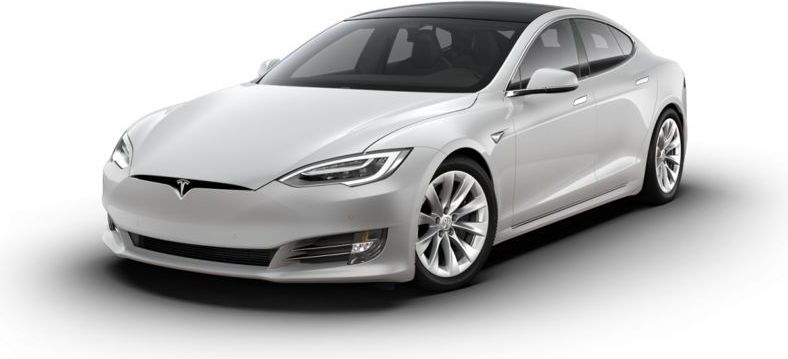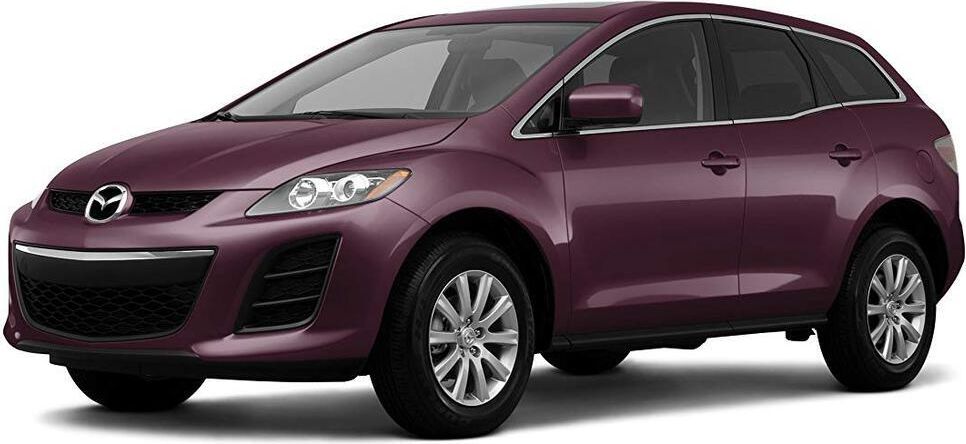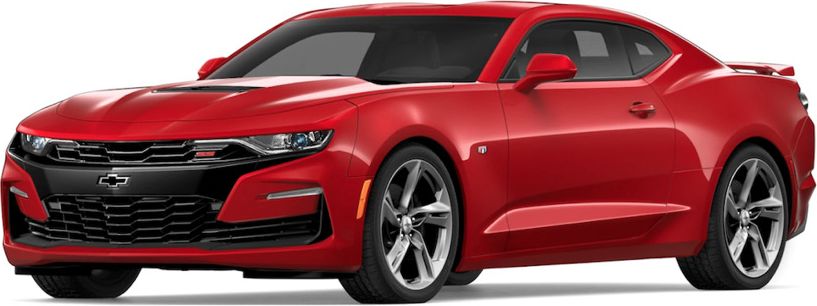Purchasing a vehicle is a significant investment, and Toyota is a brand that has consistently stood out for its reliability, quality, and innovation. Whether you're a first-time buyer or looking to upgrade, there are several factors to consider to ensure you make the best choice. This guide will walk you through the most critical aspects of buying a Toyota, helping you drive away with confidence.

Finding a Reputable Dealer
One of the first steps to buying a Toyota is selecting a trustworthy dealership. Reputable dealers provide not only a vast selection of vehicles but also a seamless buying experience. Research local dealerships, read reviews, and ask for recommendations. For those in Queensland, exploring Toyota dealers in Brisbane can offer a range of options. You can also get expert guidance to meet your specific needs.
Determining Your Needs
Before diving into the specifics, consider what you need from a vehicle. Are you looking for a compact car for city driving, a spacious SUV for family trips, or a hybrid for fuel efficiency? Toyota offers a wide array of models, such as the Corolla, RAV4, and Prius, catering to diverse lifestyles and priorities. Understanding your daily requirements and long-term goals will narrow down your choices.
Establishing a Budget
Setting a realistic budget is crucial when purchasing a Toyota. Factor in the upfront costs, such as the down payment, and ongoing expenses like insurance, fuel, and maintenance. Determine whether buying new, certified pre-owned, or used fits your financial plan. Toyota vehicles often have excellent resale value, making them a worthwhile investment regardless of the option you choose.
Evaluating Features and Specifications
Toyota is known for integrating cutting-edge technology and safety features across its lineup. From advanced driver-assistance systems (ADAS) like lane-keeping assist to infotainment systems with Apple CarPlay and Android Auto, it's essential to identify which features are non-negotiable for you. Additionally, consider specifications like engine performance, fuel efficiency, and cargo space to ensure the vehicle aligns with your expectations.
Considering Fuel Options
One of the most important decisions when buying a Toyota is selecting the right fuel option to suit your lifestyle and driving needs. Toyota offers a diverse range of powertrains, including traditional gasoline engines, hybrids, plug-in hybrids (PHEVs), and fully electric vehicles (EVs). Gasoline-powered cars, such as the Toyota Corolla, are often ideal for drivers seeking affordability and accessibility, as fuel stations are readily available. However, hybrid models, like the Toyota Prius or the RAV4 Hybrid, offer significant advantages in fuel efficiency and reduced emissions, making them a popular choice for those who commute frequently or want to save on fuel costs over time.
For eco-conscious buyers, Toyota’s growing lineup of electric and plug-in hybrid vehicles, such as the Toyota bZ4X and Prius Prime, delivers an excellent blend of sustainability and innovation. While EVs are perfect for urban environments and short daily trips, hybrid and plug-in hybrid models provide flexibility for longer journeys with the option to switch seamlessly between electric and gasoline power. Understanding the availability of charging infrastructure in your area is crucial when considering an EV or PHEV.
Reviewing Financing Options
Whether you’re paying outright or financing your purchase, it’s essential to understand your financial options. Many Toyota dealerships partner with financial institutions to offer flexible loan packages or lease deals. Compare interest rates, loan terms, and monthly payment plans. Consider pre-approval from your bank or credit union for added negotiating power.
Inspecting and Test Driving
Before finalizing your decision, taking the time to inspect and test drive the vehicle is one of the most critical steps in the buying process. If you’re purchasing a new Toyota, carefully examine the exterior for any scratches, dents, or irregularities, even minor ones. While new vehicles rarely have defects, it’s always worth double-checking. For pre-owned or certified pre-owned models, pay close attention to signs of wear and tear, including tire condition, brake pads, and any visible damage to the paint, upholstery, or dashboard. Make sure all features, such as lights, windshield wipers, air conditioning, and the infotainment system, are functioning as expected.
The test drive is your opportunity to assess the vehicle's performance, comfort, and overall feel. Start by adjusting the seat, mirrors, and steering wheel to ensure optimal driving posture. During the drive, focus on key elements such as the smoothness of acceleration, the responsiveness of the brakes, and the car’s ability to handle corners and uneven roads. Take note of any unusual noises, vibrations, or issues that might arise during the drive. It’s also a good idea to test the car in different scenarios, such as highway driving and navigating tighter city streets, to gauge its versatility and suitability for your lifestyle.
Understanding Warranty and Maintenance Plans

Toyota vehicles are known for their durability, but it’s still important to familiarize yourself with the warranty and maintenance plans offered. Most new Toyotas come with a comprehensive warranty covering several years or kilometers, as well as ToyotaCare, which provides routine maintenance and roadside assistance for a specified period. For used cars, look into certified pre-owned programs, which often include extended warranties and inspections.
Researching Resale Value
One of the standout benefits of purchasing a Toyota is its consistently high resale value, a factor that makes it a smart investment. Toyota vehicles are renowned for their durability, reliability, and quality, which translates into strong demand in the used car market. To maximize your return when it’s time to sell or trade in your vehicle, research the resale trends of the specific model you’re considering. Popular options like the Toyota Corolla, Camry, and RAV4 tend to hold their value exceptionally well, thanks to their widespread appeal and proven track record for performance.
When analyzing resale value, consider aspects such as mileage, condition, and market demand. Models equipped with advanced technology, hybrid systems, or additional features are often more desirable to buyers, further increasing their value. You should also factor in how well you plan to maintain the vehicle, as regular servicing and proper care can significantly impact its future worth.
Buying a Toyota is a rewarding experience when approached with the right knowledge and preparation. From finding a reputable dealer to considering your needs, budget, and features, every step plays a vital role in ensuring satisfaction. Whether you're drawn to Toyota’s reliability, innovation, or eco-friendly advancements, investing in one of their vehicles is a decision you won’t regret. Take your time, do your research, and drive confidently into the future with your perfect Toyota.




